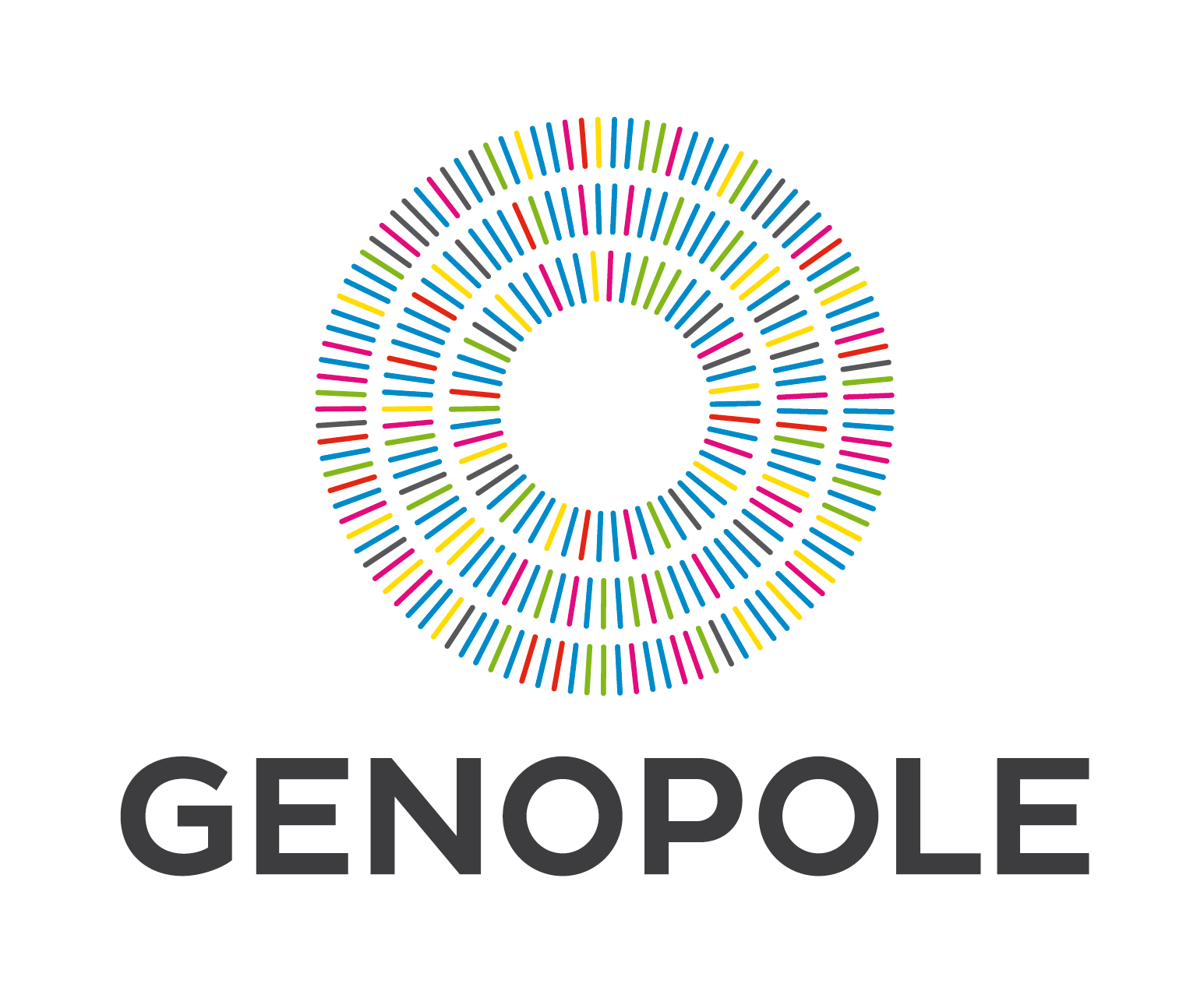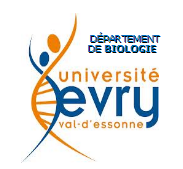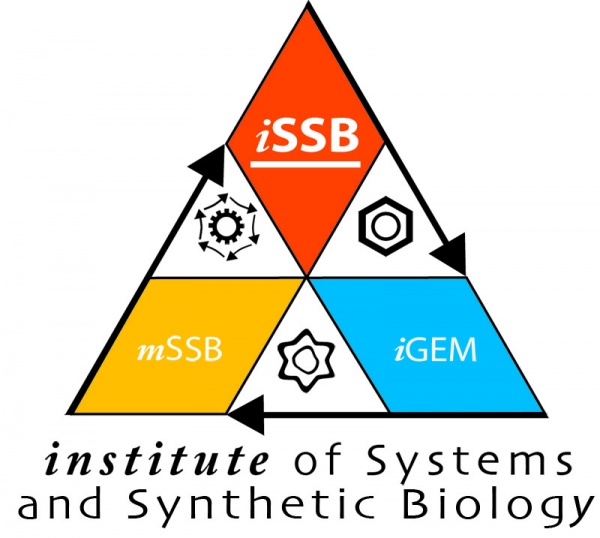Team:Evry/Biology
From 2013.igem.org
(Difference between revisions)
| Line 12: | Line 12: | ||
<p> | <p> | ||
| - | We engineered the Ferric Uptake Regulator (Fur) system to create an iron-responsive biosensor. The animations below | + | We engineered the Ferric Uptake Regulator (Fur) system to create an iron-responsive biosensor. The animations below depicts the natural Fur systems in action. The Fur protein binds iron to form a Fur-Fe complex. Then this complex binds to the Fur Box promoter sequence. Once Fur-Fe is bound to the promoter, it blocks transcription of the downstream gene. Thus, Fur represses the transcription of its target genes in response to ambient iron. In our project, we constructed a "genetic inverter" that re-engineers the Fur system to activate gene expression in response to iron. |
</p> | </p> | ||
Revision as of 10:37, 28 October 2013
Engineering an iron-responsive biosensor based on the Fur system
We engineered the Ferric Uptake Regulator (Fur) system to create an iron-responsive biosensor. The animations below depicts the natural Fur systems in action. The Fur protein binds iron to form a Fur-Fe complex. Then this complex binds to the Fur Box promoter sequence. Once Fur-Fe is bound to the promoter, it blocks transcription of the downstream gene. Thus, Fur represses the transcription of its target genes in response to ambient iron. In our project, we constructed a "genetic inverter" that re-engineers the Fur system to activate gene expression in response to iron.


 "
"













